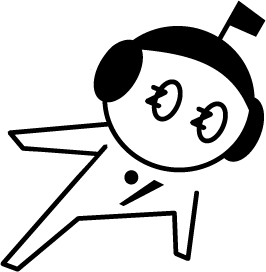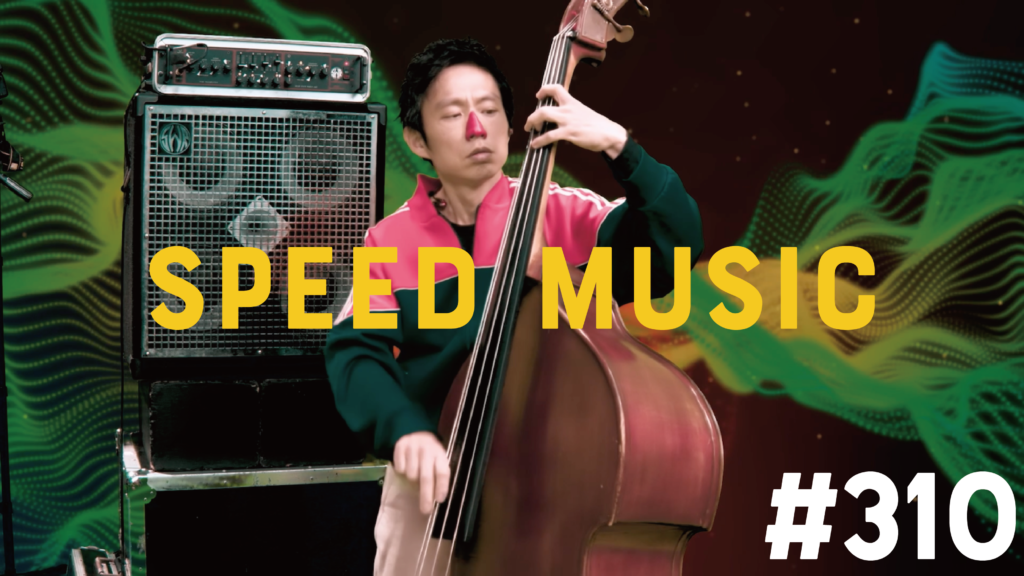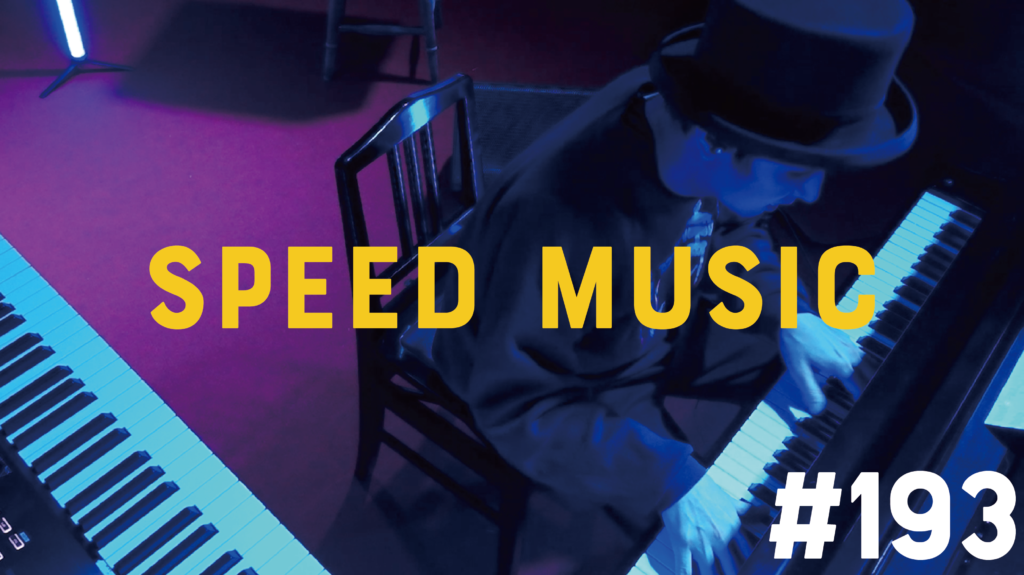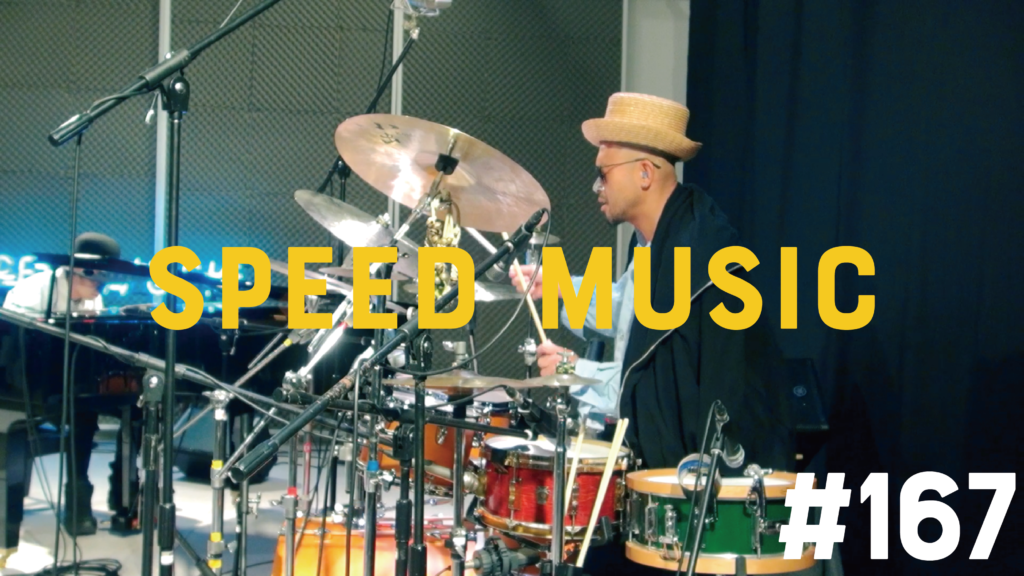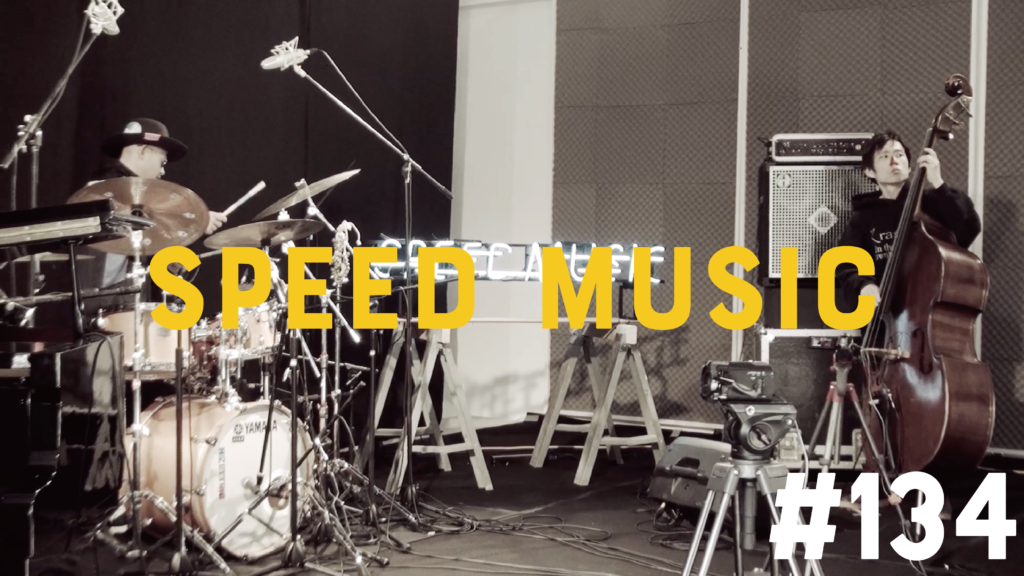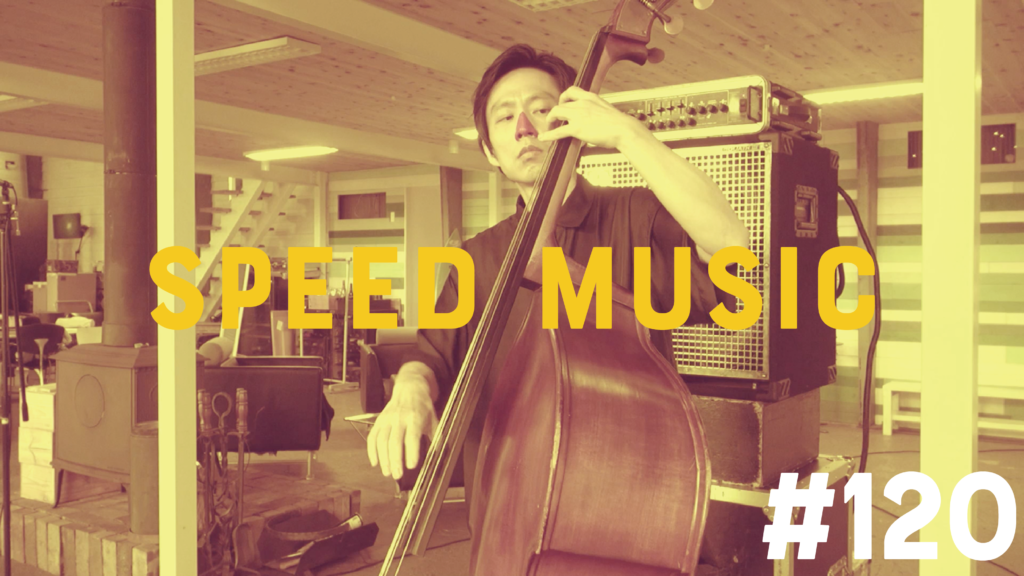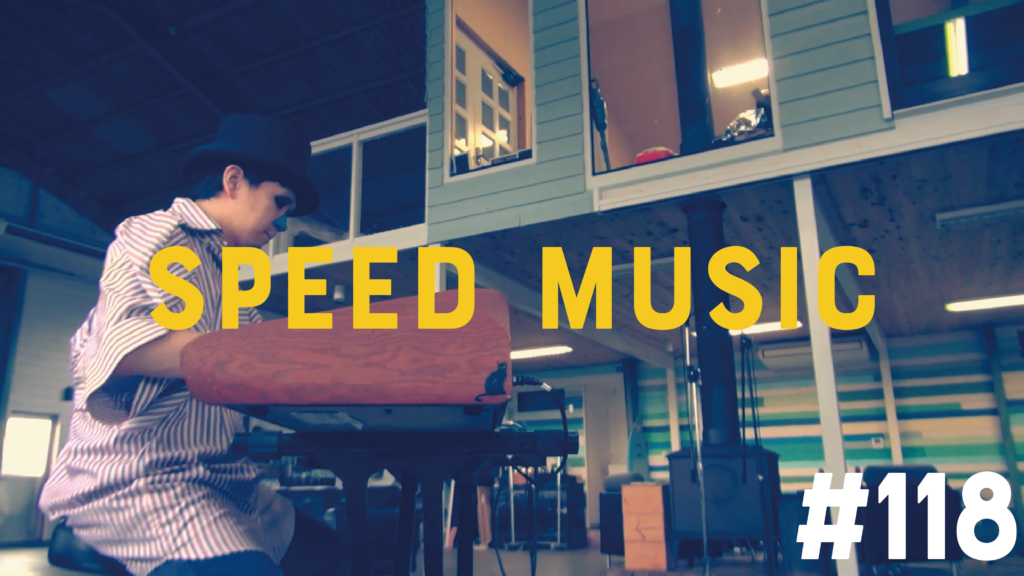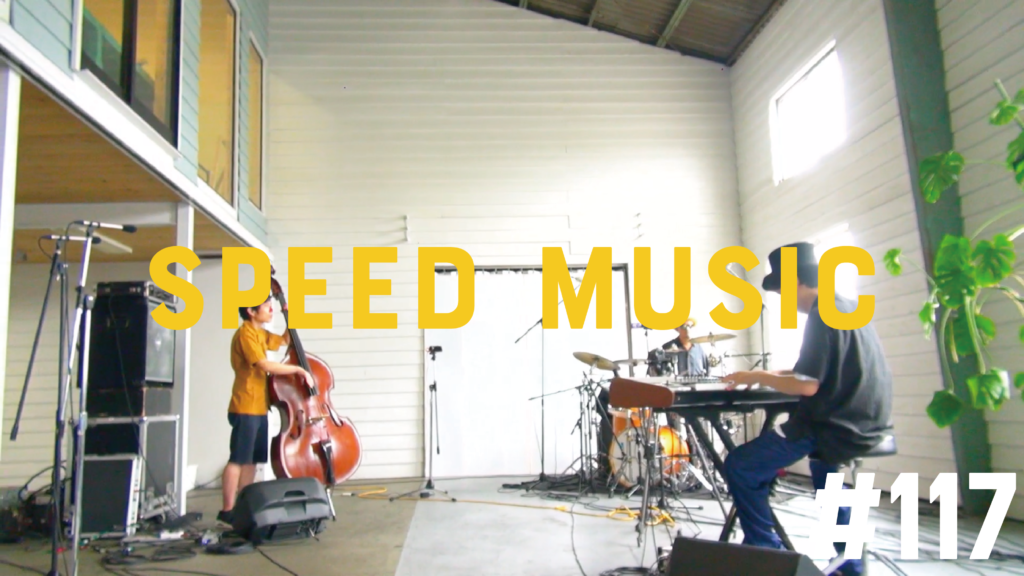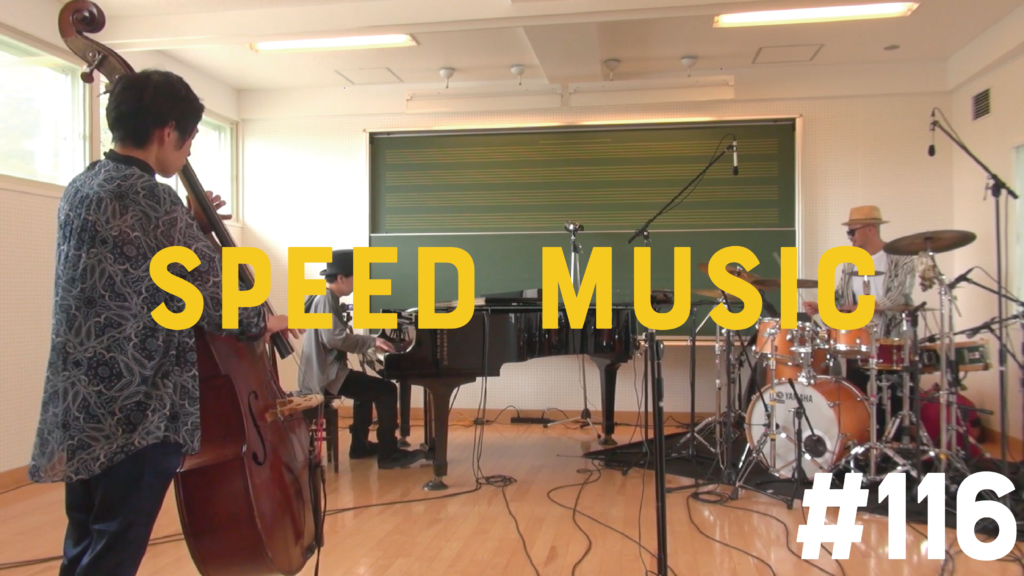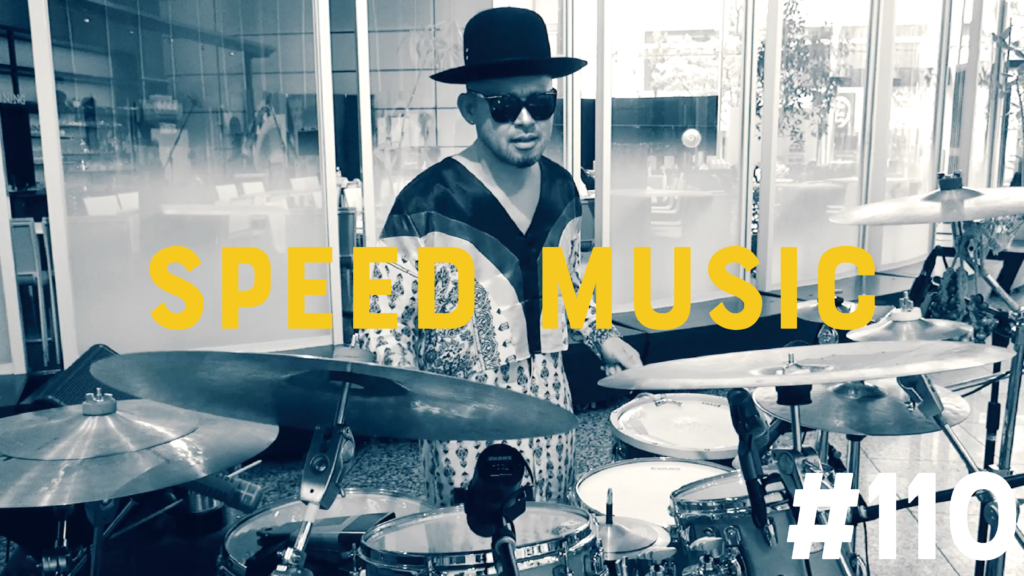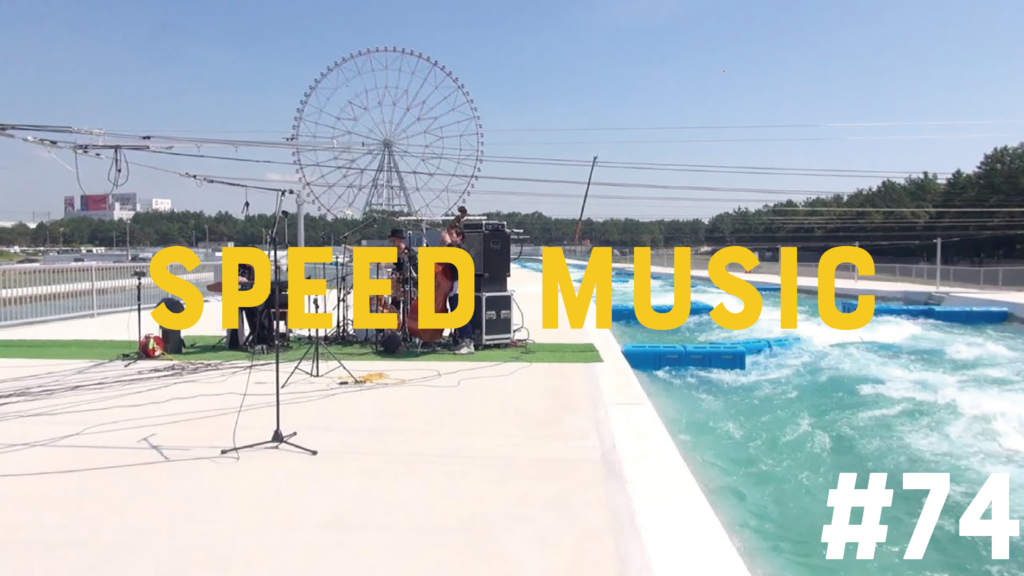#134 TRUE LOVE / 藤井フミヤ by H ZETTRIO
前1992年のNHK『第43回NHK紅白歌合戦』を以ってチェッカーズを解散した後、本格ソロ活動第1弾として発売されたシングルである。ただし、グループ在籍時の1988年に、チェッカーズ内でのソロ活動の一環としてシングル「Mother's Touch」を発売しているが、本名(チェッカーズ時代の名義)の藤井郁弥名義であったため、藤井フミヤ名義で初、公式ではソロデビュー・シングルとして扱われることが多い。(フリー百科事典 ウィキペディア日本語版より:https://x.gd/Qyxj0)
This single was released as his first full-fledged solo career after the Checkers disbanded at NHK's ``43rd NHK Kohaku Uta Gassen'' in 1992. However, in 1988, when he was still in the group, he released the single "Mother's Touch" as part of his solo activities within the Checkers, but since it was under his real name (the name he used in the Checkers), Fumiya Fujii, he used the name Fumiya Fujii. For the first time, it is often treated as an official solo debut single. (From the free encyclopedia Wikipedia Japanese version: https://x.gd/Qyxj0)
